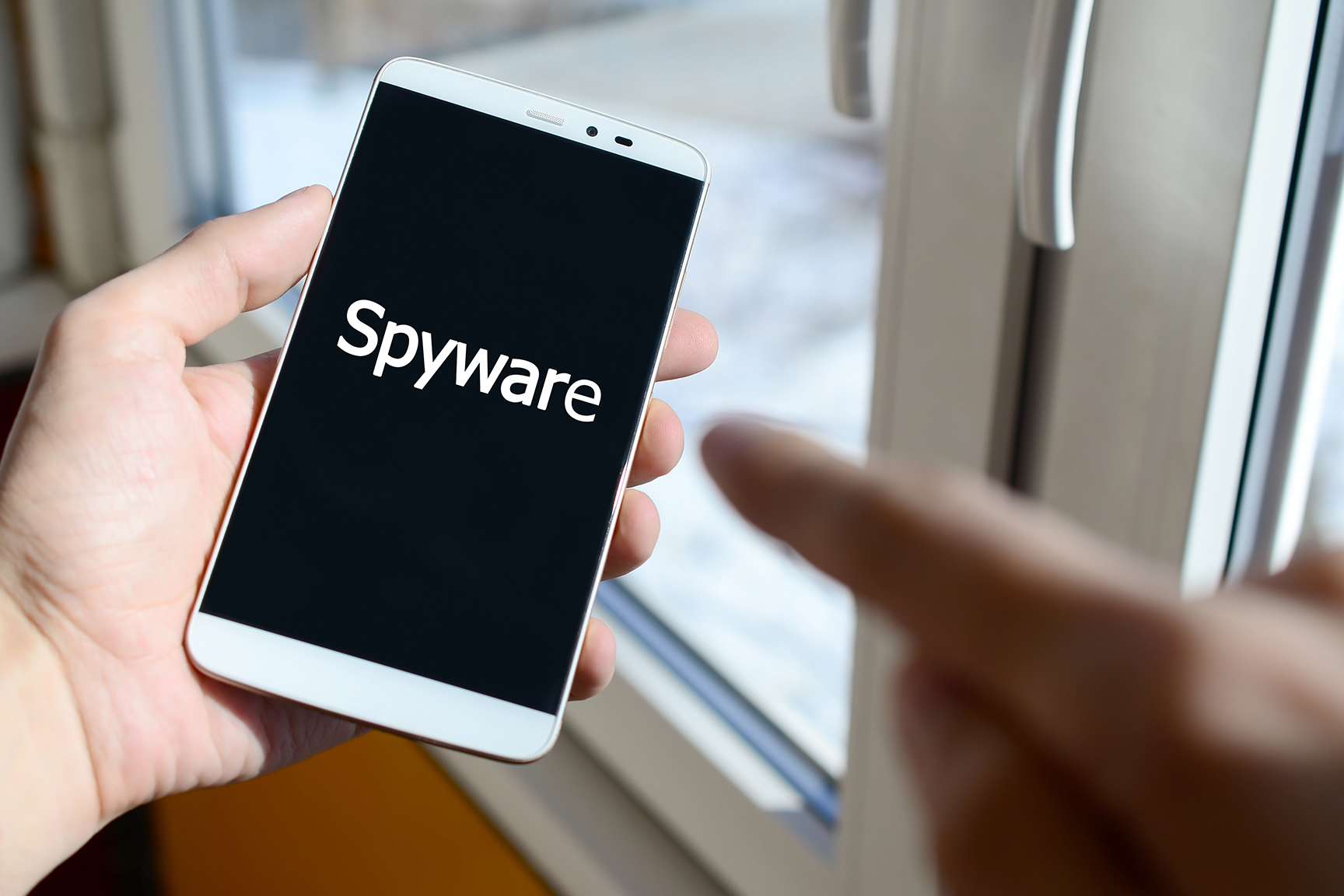
Spyware That Might Be Infecting Your Phone
When it comes to the oh-so-convenient supercomputer we can readily access at any time from our pocket, many of us take our phones for granted. We use them to make calls, send texts and emails, play games—you name it. But what happens when something goes wrong? What if you start noticing unexpected charges on your phone bill? Or how about if all of a sudden your battery starts draining faster than usual? If you’re experiencing any of these issues, chances are there is spyware on your phone.
Spyware is a form of malicious software that can be installed without your knowledge onto your device. It’s designed to track what you do and how often you do it, collecting data about your habits for nefarious purposes.
Common Piece of Malicious Software – Nuisanceware
While all forms of spyware can be detrimental to your online privacy and security, nuisanceware is the most common form. This form of spyware is designed to annoy you—it may display pop-up ads, slow down your device, or bombard you with spam emails. The goal of these tactics is to convince you to pay money for an upgraded version of whatever software you’re using or for anti-spyware software to remove the malware from your device.
Generally, nuisanceware is not dangerous, but it can be frustrating. You should always remove this type of spyware from your device as soon as possible.
General Spyware
The most common form of spyware is general spyware, which is designed to collect information about your device and its activity. This information can include things like your location, what websites you visit, how often you use certain apps, and more. It may not be as dangerous as other forms of malware—it generally does not steal data or try to infect your device with other viruses—but it can still cause problems.
In some cases, it can be used to monitor your activity and steal personal information. This could include passwords, credit card numbers, and other sensitive data. Spyware may also be used to track your activity on social media or dating sites; if you have this type of spyware installed on your device, it could be sending the messages you type out in private chats to someone else.
Advanced Forms of Spyware
Advanced forms of this malicious software can do much more than simply track your activity on a computer or phone. This type of software may be able to access all data on your device, including emails, text messages, and other communications. It may even be able to take control of your webcam or microphone to watch and listen in on you at any time.
This can be particularly dangerous if you have sensitive data on your device, such as passwords or credit card information. Advanced spyware may also be able to take screenshots of whatever you’re doing on your device; this type of spyware could be installed by someone who wants to watch what you do when they aren’t around.
But, this isn’t all that could be infecting your device. There are plenty of other forms of malicious software used by cybercriminals. If you want to keep on top of the latest cybersecurity trends, look no further than Arruda Group.



